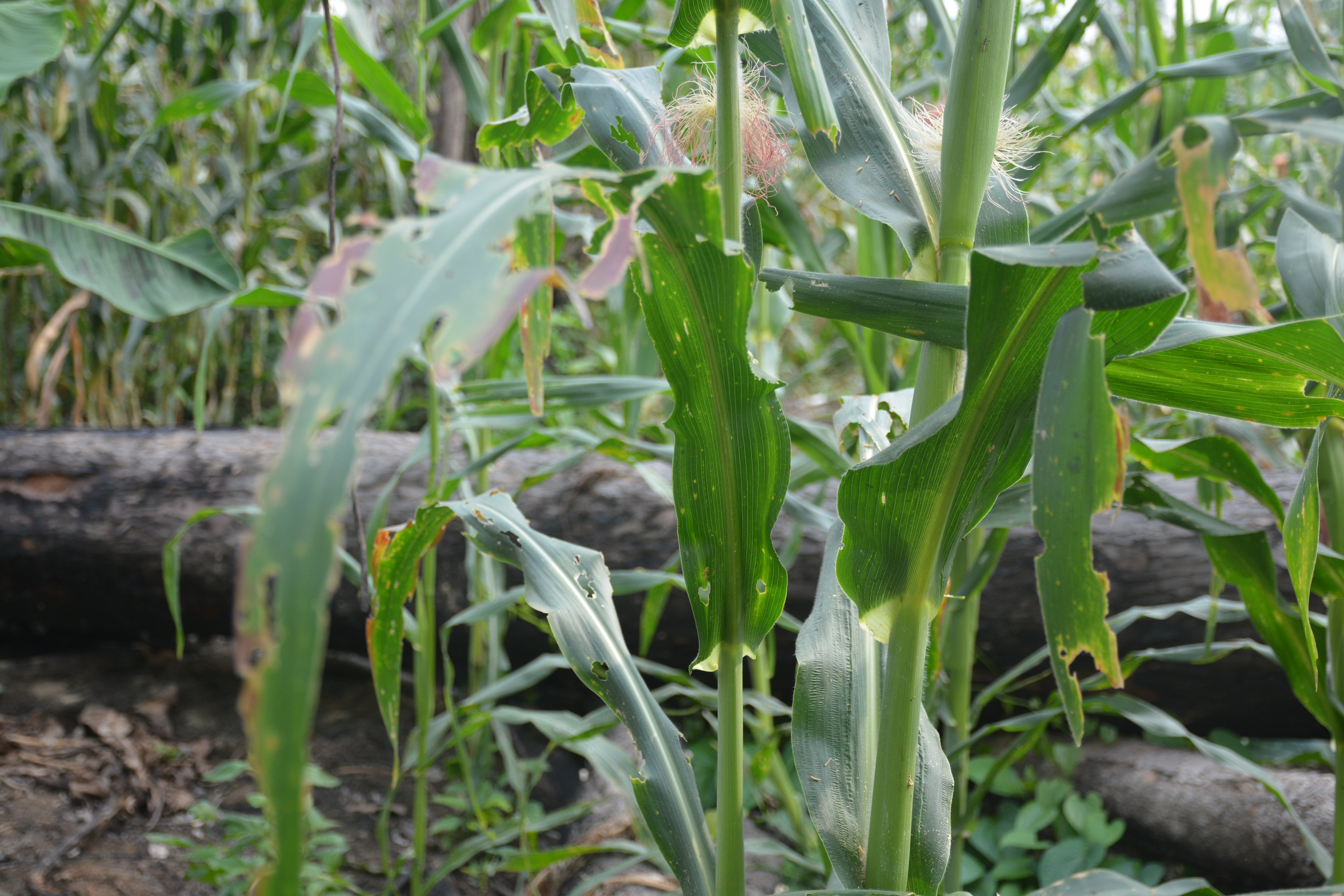News
CORAF is an important organization working to improve food and nutrition security in West Africa. CORAF's recent initiatives are a promising sign of its determination to meet the challenges facing West Africa.
Fall armyworm control: the Cape Verde recipe

Published on: 29/10/2024
Since 2020, Cape Verde's National Research Institute for Agricultural Development (INIDA) has been implementing an innovative biological control strategy against the fall armyworm (CLA), by integrating natural parasites of the eggs of this caterpillar, a species harmful to corn crops. This approach forms part of the integrated pest management adopted to minimize the damage caused by this caterpillar to food crops.
A biological solution
Cape Verde has imported Trichogramma pretiosuma natural parasite of caterpillar eggs, directly from Brazil, making it an effective weapon against fall armyworm infestations. This biological control model enables farmers to reduce their dependence on chemical pesticides while protecting agricultural ecosystems. Thanks to this technology, Cape Verdean growers now have an environmentally-friendly way of preserving corn production, while limiting chemical residues in their crops.
Proven, affordable technology
Engineer Gilbert Duarte Silva, plant protection expert at INIDA in Cape Verde, explains: "We acquired the technology in Brazil, where we trained before returning to set up local production units. These units are now operational in the regions of Santiago, Santo Antão and Fogo, where Trichogramma pretiosum is mass-produced to meet farmers' demand.
The parasite is distributed free of charge to growers for their fields, covering entire hectares of crops with just 3 grams per hectare for the complete corn crop cycle. This solution not only controls the armyworm, but also protects other species beneficial to agriculture. It is therefore considered a climate-smart technology, with no gas emissions and no impact on biodiversity.
Thanks to this organic solution, farmers in Cape Verde no longer use chemicals to combat armyworm. Gilbert Duarte Silva emphasizes the benefits of this technology: "We produce healthy food, without pesticide residues, while preserving the health of consumers."
This innovative approach was presented at MITA 2024, organized by CORAF from October 21 to 25, 2024 in Lomé.
Other news
View allTowards a strengthening of CORAF's actions in...
A delegation from CORAF, led by its Chairman of the Board, Dr Kalifa TRAORÉ, its Executive Director, Dr Moumini SAVADOGO, and its...
A strong plea for African women entrepreneurs...
Many women in West and Central Africa live in an unfavorable environment, with limited access to information,...
CORAF strengthens its partnerships in Burkina Faso...
As part of its mission to strengthen institutional and technical collaboration, a delegation from CORAF, led by its Director,...
Training today's and tomorrow's researchers:...
When AMABA Akéta Akpadji Rébecca completed her Master's degree in Plant Biology in Togo, she was faced with uncertainties about...